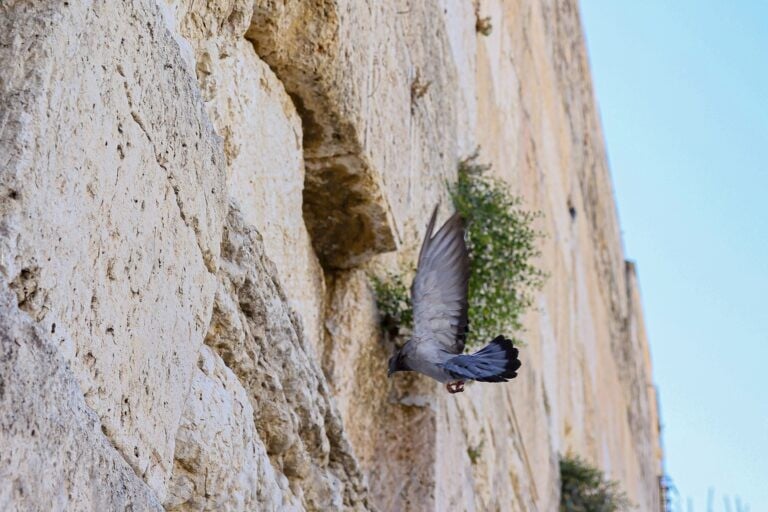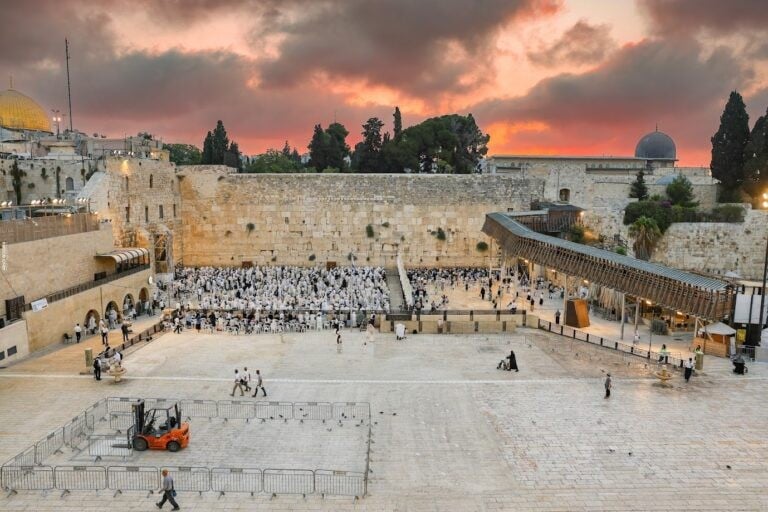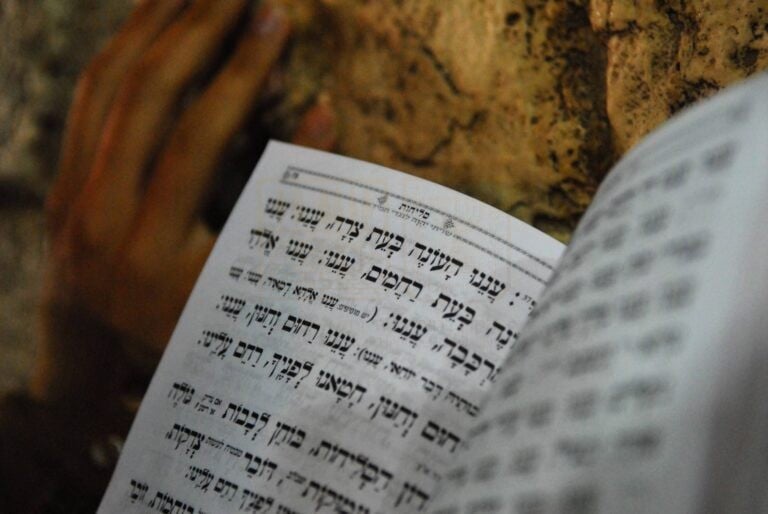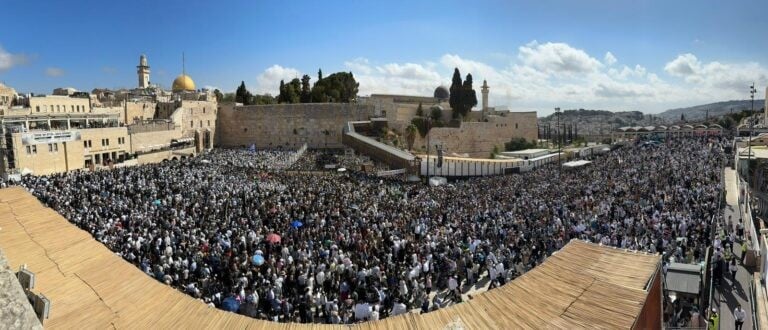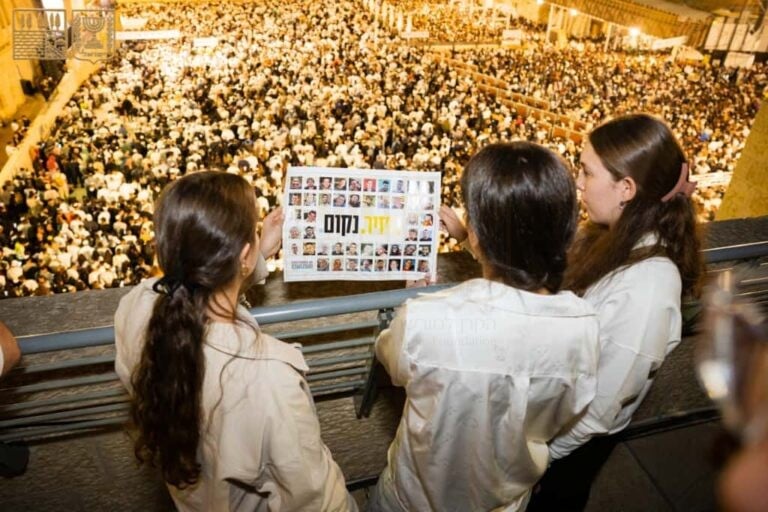Parshat Breishit – 5785
Rabbi Shmuel Rabinowitz, Rabbi of the Western Wall and Holy Sites
From Parshat Breishit, which describes the creation of the world in six days, we learn that God did not create a perfect world where humans could simply rest and do nothing. Upon completing the creation of the world, it says:
And on the seventh day, God finished His work which He had made…and sanctified it, because He rested from all His work which God created to do…
(Genesis 2:2-3).
Why does it not say “which God created and did” in the past tense, as the creation was completed? Instead, it says “to do” in the future tense. This teaches that God demands action from us. The world is not complete until its creatures act and contribute. This world is essentially a “world of action,” and humans, endowed with wisdom and creative abilities from the Creator, are tasked with contemplating how they can benefit the world, set goals, and “do”.
In a Midrash, it is told that a philosopher asked Rabbi Hoshaya why, if circumcision is so important, God did not create man already circumcised. The fact that humans are born uncircumcised suggests that this is the correct human form, so by performing circumcision, we are changing God’s will. After some debate, Rabbi Hoshaya responds that the world was created with the need for completion and improvement.
Everything created in the six days of Creation requires action, such as mustard needing to be sweetened, lupines needing to be cooked, wheat needing to be ground, and even man needing to be perfected.
When we reflect on this, we see that humans are the only beings whose purpose on Earth is to “act.” Animals, on land and in water, are exempt from preparing their own food. While humans have a long and laborious food chain, animals are sustained directly by nature, from the hand of the Creator. Man, however, is tasked with building, creating, and using life’s abilities for good.
In addition to action, humans must pray for divine assistance. The creation of trees and plants occurred on the third day, but rain only fell on the sixth day, as it says:
And no shrub of the field was yet on the earth, and no herb of the field had yet sprouted, for the Lord God had not sent rain upon the earth, and there was no man to work the ground.
(Genesis 2:5)
Our sages explain:
The plants stood at the surface of the ground until the sixth day. Why? Because it had not rained! And why had it not rained? Because there was no man to work the land and appreciate the value of rain. When man realized the necessity of rain for the world, he prayed for it, and it rained, causing trees and plants to sprout.
This illustrates the essential partnership between human action and divine blessing.

